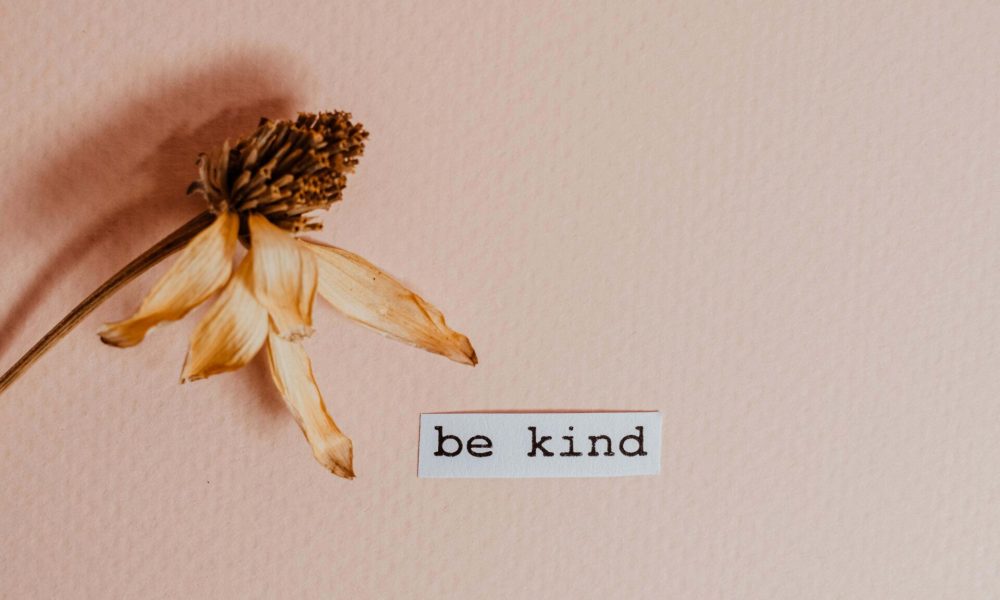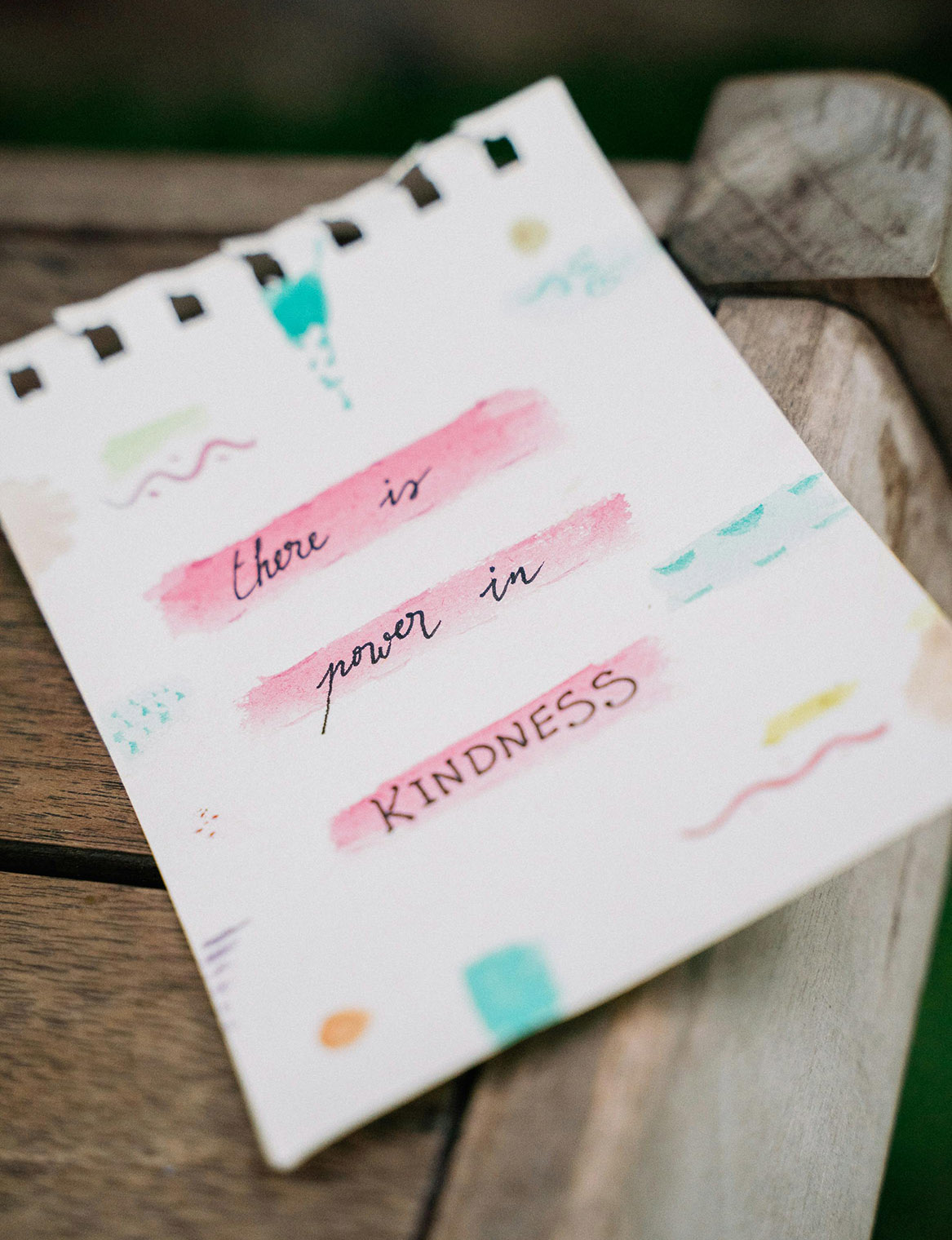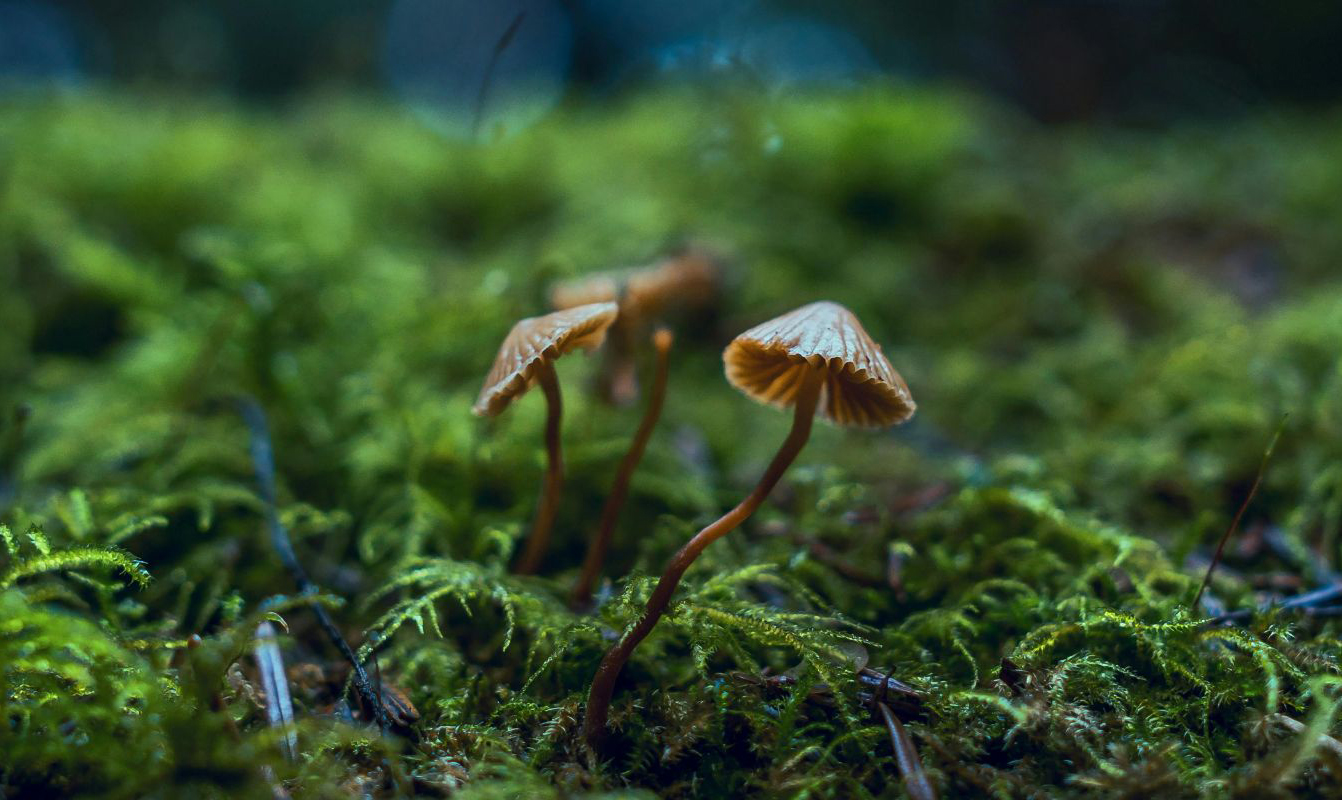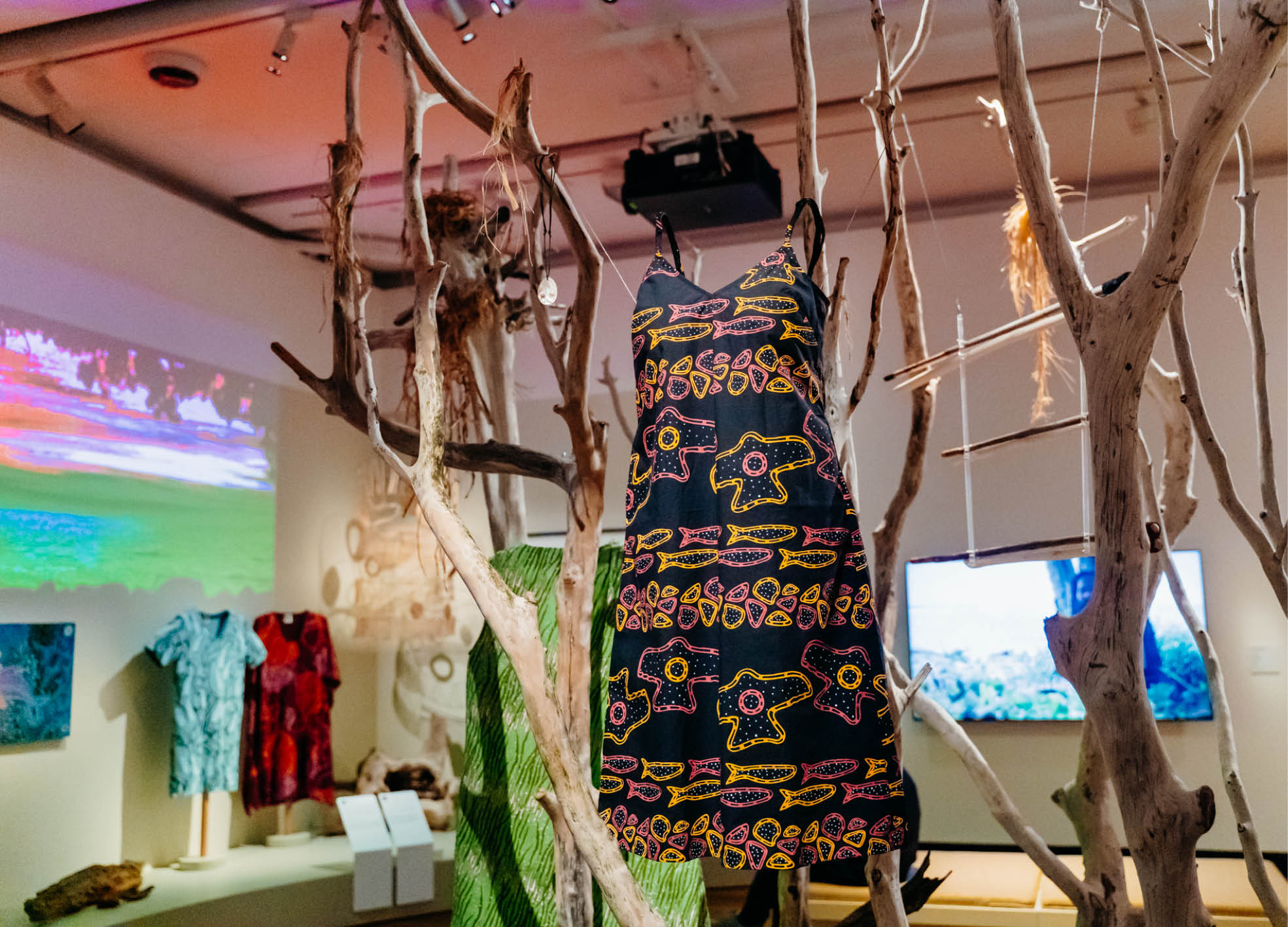Five Reasons Why Being Kind Makes You Feel Good – According to Science

- Words by Peppermint
Everybody can appreciate acts of kindness. But when it comes to explaining why we do them, people often take one of two extreme positions. Some think kindness is something completely selfless that we do out of love and care, while others believe it is just a tool that we cunningly use to become more popular and reap the benefits.
But research shows that being kind to others can actually make us genuinely happy in a number of different ways. We know that deciding to be generous or cooperating with others activates an area of the brain called the striatum. Interestingly, this area responds to things we find rewarding, such as nice food and even addictive drugs. The feel-good emotion from helping has been termed “warm glow” and the activity we see in the striatum is the likely biological basis of that feeling.
Of course, you don’t have to scan brains to see that kindness has this kind of benefit. Research in psychology shows a link between kindness and well-being throughout life, starting at a very young age. In fact, even just reflecting on having been kind in the past may be enough to improve teenagers’ mood. Research has also shown that spending extra money on other people may be more powerful in increasing happiness than spending it on yourself.
But why and how does kindness make us so happy? There are a number of different mechanisms involved, and how powerful they are in making us feel good may depend on our personalities.
Jo Cutler, PhD Candidate in Psychology, University of Sussex and Robin Banerjee, Professor of Developmental Psychology, University of Sussex.

1. Contagious smiling
Being kind is likely to make someone smile and if you see that smile for yourself, it might be catchy. A key theory about how we understand other people in neuroscience suggests that seeing someone else show an emotion automatically activates the same areas of the brain as if we experienced that emotion for ourselves.
You may have been in a situation where you find yourself laughing just because someone else is – why not set off that chain of good feelings with a nice surprise for someone?
2. Righting a wrong
The same mechanism also makes us empathise with others when they are feeling negative, which could make us feel down. This is particularly true for close friends and family, as our representations of them in the brain physically overlap with our representations of ourselves. Doing a kind act to make someone who is sad feel better can also make us feel good – partly because we feel the same relief they do and partly because we are putting something right. Although this effect is especially powerful for people we are close to, it can even apply to humanitarian problems such as poverty or climate change. Getting engaged with charities that tackle these issues provide a way to have a positive impact, which in turn improves mood.
3. Making connections
Being kind opens up many different possibilities to start or develop a social connection with someone. Kind acts such as a buying someone a thoughtful present or even just a coffee strengthens friendships, and that in itself is linked to improved mood.
Similarly, charities offer the opportunity to connect with someone on the other side of the world through donating to improve their life. Volunteering also opens up new circles of people to connect with, both other volunteers and those you are helping.
4. A kind identity
Most people would like to think of themselves as a kind person, so acts of kindness help us to demonstrate that positive identity and make us feel proud of ourselves. In one recent study, even children in their first year of secondary school recognised how being kind can make you feel “better as a person … more complete”, leading to feelings of happiness. This effect is even more powerful when the kind act links with other aspects of our personality, perhaps creating a more purposeful feeling. For example, an animal-lover could rescue a bird, an art-lover could donate to a gallery or a retired teacher could volunteer at an after-school group. Research suggests that the more someone identifies with the organisation they volunteer for, the more satisfied they are.
In one recent study, even children in their first year of secondary school recognised how being kind can make you feel “better as a person … more complete”, leading to feelings of happiness.
5. Kindness comes back around
Work on the psychology of kindness shows that one out of several possible motivations is reciprocity, the returning of a favour. This can happen directly or indirectly. Someone might remember that you helped them out last time and therefore be more likely to help you in the future. It could also be that one person being kind makes others in the group more kind, which lifts everyone’s spirits. Imagine that you bake cakes for the office and it catches on so someone does it each month. That is a lot more days that you’re getting cakes than providing them.
The story doesn’t end there. Being kind may boost your mood, but research has also shown that being in a good mood can make you more kind. This makes it a wonderful two-way relationship which just keeps giving.![]()
This article is republished from The Conversation under a Creative Commons license. IMAGES FROM PEXELS: (TOP) VIE STUDIO, ANNA TARAZEVICH.
JOIN OUR MAILING LIST
Brighten up your inbox with our not-too-frequent emails featuring Peppermint-related news, events, competitions and more!
explore
More articles
Look, I don’t want to make anyone panic but IT’S DECEMBER!!! If you’re planning to give homemade gifts, you’re going to have to act fast. I’m a big believer that a DIY gift is the best gift of all, because…
Listen, we need to talk about December. Somewhere between the first appearance of gazillions of Mariah Carey memes prepping us for the imminent arrival of…
When you hang a painting on a wall, the story stays put. But when you wear a beautifully made garment that may as well be…
We all do it: fire up the car for a 5-minute drive to pick up groceries, drop off sewing supplies, or run a quick errand…
Hang out with us on Instagram
Any New Year’s resolutions on your list? We love this from @OtterBeeStitching - “be brave enough to suck at something new”.
There’s no points for perfection, but you’ll get a trophy for trying. If nothing else this year, take the leap and try something new.
#OtterBeeStitching #Embroidery #BeBrave #TrySomethingNew #EmbroideryArt

Sunday serving suggestion ☀️
Gorgeous photos from @JolieFemmeStore - who make sweet garments from vintage bedsheets.
#PeppermintMagazine #SlowSunday #SwitchOff #Unplug #ReadAMagazine

A toast to the old you 🥂
We wholeheartedly love this post from the brilliant @EmilyOnLife:
“2026: Reinvent, burn it down, let it go (whatever it is). Year of the Snake it up. Exercise your boundaries, exercise your body, take one teeny step every day towards a life that feels better to be in.
But don’t you dare shit on your old self while you do it.
Hold yourself with reverence and tenderness and respect, because you got you this far. You did your very best with the information and tools you had at the time. You scraped yourself together, you made it work, you survived what felt impossible to survive: again and again and again.
You are perpetually in the process of becoming, whether you can feel it or not, whether or not you add it to your 2026 to-do list.“

Some very wise words from @Damon.Gameau to take us into 2026 🙌🏼

⭐️ We made it!!! ⭐️
Happy New Year, friends. To those who smashed their goals and achieved their dreams, and to those who are crawling over the finish line hoping to never speak of this year again (and everyone else in between): we made it. However you got here is enough. Be proud.
It’s been a tough year for many of us in small business, so here’s to a better year in 2026. We’re forever grateful for all your support and are jumping for joy to still be here bringing you creativity, kindness and community.
We’re also excited to be leaping into the NY with our special release sewing pattern – the Waratah Wrap Dress!
How great are our fabulous models: @Melt.Stitches, @KatieMakesADress and @Tricky.Pockets - and also our incredible Sewing Manager @Laura_The_Maker! 🙌🏼
Ok 2026: let’s do this. 💪🏼
#PeppermintWaratahWrapDress #PeppermintPatterns #SewingPattern #MeMade #WrapDress #WrapDressPattern

Putting together our annual Stitch Up brings on all the feels! We feel humbled that you’ve chosen to sew Peppermint patterns, we feel inspired by the versions you’ve created and we feel proud of you.
Where to begin?! As always, there has been a plethora of Peppermint patterns flooding our feeds this year, and we wish we could showcase more than just a handful of magnificent makes from you, our clever community. We encourage you to flip through the me-made items in your wardrobe or scroll through your grid and remind yourself of the beauty you’ve created with your own two hands (and maybe a seam ripper and some choice words). Congratulations to all of us for our creative achievements this year!
We’ve put together some (but absolutely not all) of our favourites from 2025 over on our website. We hope it inspires your next make!
🪡 Link in bio 🪡
Pictured: @FrocksAndFrouFrou @MazzlesMakes @KatieMakesADress @_Marueli_ @IUsedToBeACurtain @Nanalevine.Couture @PiperInFullColour @MadeByMeJessieB @SarahMalkawi @Made.By.Little.Mama
#PeppermintPatterns #SewingPatterns #MeMade #MeMadeEveryday

















